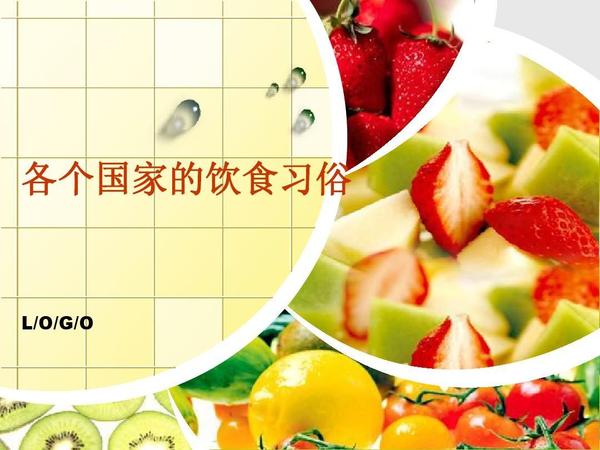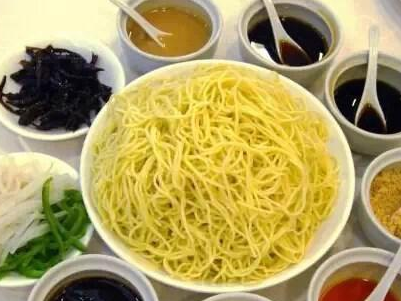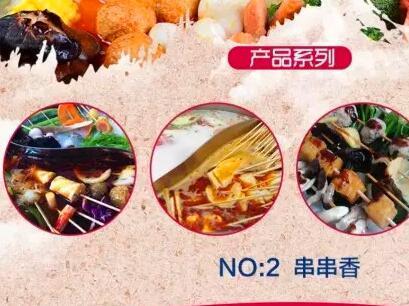How much do you know about diet in various countries ~ unique food culture

American Mexican food
"traditional Mexican food is a cultural model that includes agriculture, rituals, ancient skills, cooking skills, as well as customs and etiquette handed down from ancient times. Including the process from planting and harvest to production and enjoyment, the whole chain highlights the universal sharing of traditional diet. " This is how the United Nations Educational, Scientific and Cultural Organization describes the traditional Mexican diet.
Mexico is world-famous for its diet of corn, beans and chili peppers, and its ancient cooking methods are as unique as diet-related traditions. Roast goat in Monterrey, Trayoda in Oaxaca, minced meat in Michoacan, Morey sauce in Puebla, sauces and tacos everywhere. Behind the rich and colorful dishes, the unique culinary culture attracts more attention.
European French Dinner
French food is an integral part of the daily life of the French. French food is considered to be the most elegant food in the world. Some experts pointed out that the rich cultural characteristics and unique dining etiquette of French food are the important reasons for the success of its application.
Since 2011, the French Food Festival has become an annual national festival. Official figures show that the food festival is popular with people of all ages, with more and more participants and activities. Compared with 2012, the number of events related to French food this year doubled to 7659, attracting about 230000 French food industry professionals. In addition to more than 20 French regions and 2000 cities in four overseas provinces, 86 events were held in Argentina, Belgium, Canada, the United States, Finland, Japan, Kazakhstan, Lebanon and Lithuania.
At present, gourmet cooking basic courses or dessert baking classes have been launched in many parts of France, which are designed to let French young people slow down and appreciate the cultural meaning behind French meals.
Turkish wheat porridge
Wheat porridge is an indispensable traditional ritual dish for important occasions such as Turkish weddings and religious festivals. The wheat must be washed in prayer a day in advance, then placed in a stone mortar and ground to the accompaniment of traditional local music.
Cooking wheat porridge is usually done outdoors. On the wedding or festival day, men and women work together to add iron shell wheat, meat and bones, onions, spices, water and oil to the pot for one day and one night. By noon the next day, the strongest young man in the village beat the wheat porridge with a gavel and shared it with the people. This combination of diet and performance has become an indispensable part of the daily life of the local people.
Mediterranean diet
On December 6, 2013, the Mediterranean diet jointly declared by Spain, Morocco, Italy, Greece, Cyprus and Croatia was selected into the list of non-heritage representatives without any doubt.
The United Nations Educational, Scientific and Cultural Organization (UNESCO) believes that the Mediterranean diet is all-inclusive, covering not only cooking knowledge, table manners, fishing culture and animal husbandry culture, but also food production, processing and storage skills. and the tradition of sharing food.
Because of its unique diet, the Mediterranean diet can reduce the risk of heart disease, stroke, cognitive impairment and other diseases. People living along the Mediterranean coast of Europe have a low incidence of heart disease, generally have a long life expectancy, and rarely suffer from modern diseases such as diabetes and high cholesterol.
Asia, Japan and Food
Kimchi is the general name of traditional Japanese cuisine, which is mainly composed of rice, seafood and pickled vegetables, with a unique flavor and time-consuming preparation. Japanese families prepare the most abundant and representative dishes on New year's Eve.
More and more Japanese are beginning to prefer Western-style fast food and convenient packaging food, which mainly rely on imports, and changes in eating habits have increased the country's dependence on imported food to some extent. According to statistics, Japan produces only 40% of its people's food each year, compared with 70% and 120% in Britain and France.
Korean kimchi overwintering
"the Korean culture of pickling overwintering kimchi has been handed down from generation to generation, carrying forward the spirit of neighborhood sharing and enhancing the sense of bond, identity and belonging between people. After the pickled kimchi culture is included in the list, the dialogue between groups with similar eating habits at home and abroad will be more active. " The United Nations Educational, Scientific and Cultural Organization (UNESCO) made such comments when announcing the results.
Kimchi looks inconspicuous, but in the world's non-heritage "food culture", it is the most thorough embodiment of sharing and the whole people. Kimchi is a necessary dish on the Korean family table, and the national love for kimchi is almost to the point of infatuation.
Related
- A course of planting techniques and methods on how to grow carrots
- How to plant the latest tulips?
- Is it better to pick tea in the morning or in the afternoon? When is the best time for tea to be picked? what is the third or fifth tea?
- Launch Yuanxiao Happy combination Haocha + Tea Yuan healthy Taste
- Penghu Tourism "Fireworks 20 Parade with You"
- 2022 West Lake Happiness holds "Digital Revitalization Voucher" and draws iphone13 and laptop.
- Banqiao Fuzhou social houses are designed to change start-up combined with police elimination to create a safe and livable environment
- The convenient measure of "mechanical weeding" in Xinbei has been abused and the Agriculture Bureau has imposed heavy penalties on the illegal land consolidation.
- Changgeng University Joins Hands with Four Memory Factories to Rescue Memory Talent Shortage
- The list of Taiwan's top 100 MVP managers is listed by the Director-General of the Farmers' Association of Sanxia District.



